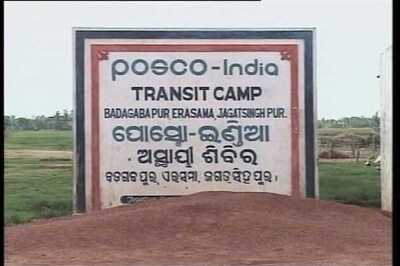
views
What does mazal mean?
The modern definition of the Hebrew word mazal is "luck" or "fortune." This interpretation is derived from the word's ancient meaning, which is "planet" or "constellation." In an astrological context, mazal (pronounced mah-zahl) refers to the Jewish principle that every person's fate is at least partially influenced by the constellations or planets they were born under. Simultaneously, though, some Jews also believe that every person possesses the ability to transform themselves and determine their own destiny, with God's help.
Meaning in Business Deals
Jewish businesspeople say "Mazal and brocha" to close deals. In the watch and jewelry industry, Jewish businesspeople commonly close their deals with the phrase, "Mazal and brocha." Brocha (pronounced brah-kha) means "blessings." Together, "mazal and brocha" mean "good fortune and blessings" and serve as a way to invoke God's blessing over the deal so it will lead to good fortune for everyone involved.
"Mazal and brocha" is also a promise to deal fairly in business. By saying it, they vow to be honest with each other and strive to make the deal successful. Promises and vows are serious matters in Jewish law, so this phrase is considered legally binding when spoken aloud in this context. Some Jews also simply say, "Mazal" instead of, "Mazal and brocha."
What's the difference between mazal and mazel?
Mazel is a Yiddish variation of mazal that means "luck." The Yiddish language was invented by European Jews and spoken for centuries (some people still speak it today). It's a combination of not just Hebrew words, but also words from German and other languages. Many Hebrew words spoken in Yiddish have different inflections, pronunciations, and spellings from their original versions. Though mazel (pronounced "mah-zel") is spelled and pronounced slightly differently than mazal, the simple meaning of the word is the same. If you want to refer specifically to the stars' astrological influence on fate, however, say "mazal" as that's its more precise meaning.
Mazel Tov & Mazal Tov Meanings
"Mazel tov" and "mazal tov" both mean "good luck" or "congratulations." "Tov" is the Hebrew word for "good." The two phrases are used interchangeably to congratulate someone at a special event like a bar or bat mitzvah (a coming-of-age ritual for 13-year-old Jewish children), a wedding, or the birth of a baby. This can be a meaningful way to express your heartfelt joy for someone else's good news or accomplishments and your hope that everything will turn out well for them.
"Mazal tov" can also be a wish for an event to happen at a lucky time. For example, if someone tells you they're having a baby, you can say, "Mazal tov" to mean "good constellation," as in, "I hope the baby is born under a lucky constellation." Below are examples of how to say "mazel tov" or "mazal tov" as an expression of congratulations" or to wish someone good fortune in the future. "Mazel tov on graduating from high school and starting an exciting new chapter!" "You passed the test? Mazel tov!" "Mazel tov on completing your bar mitzvah! "Mazal tov for your baby that's soon to be born!" "Mazal tov, I hope your new job starts soon!" "Mazal tov on your upcoming marriage and the many years of happiness ahead of you!"




















Comments
0 comment